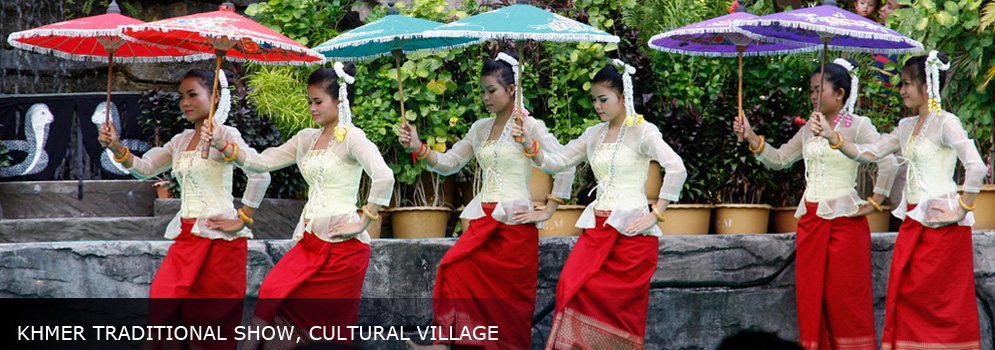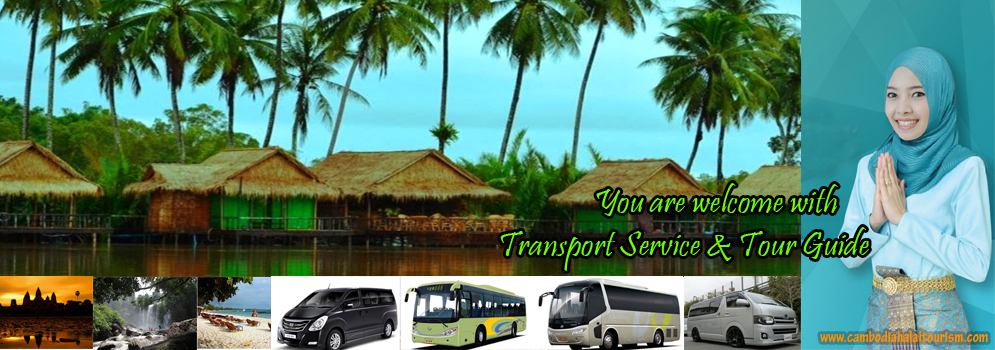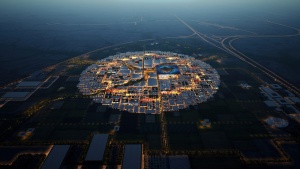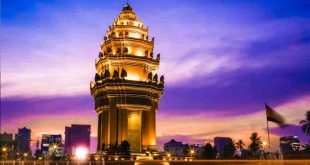The Kingdom of Saudi Arabia unveiled the master plan for Riyadh Expo 2030 during an official reception organized by the Royal Commission for Riyadh City in Paris, France on Monday, June 19, in the presence of delegates of 179 member states of the Bureau International des Expositions (BIE).

The plan aims to create an exceptional global experience in the history of Expos as it reflects the importance of Riyadh Expo 2030 and its positive role and embodies the exhibition’s central theme: “Together for a Foresighted Tomorrow.”
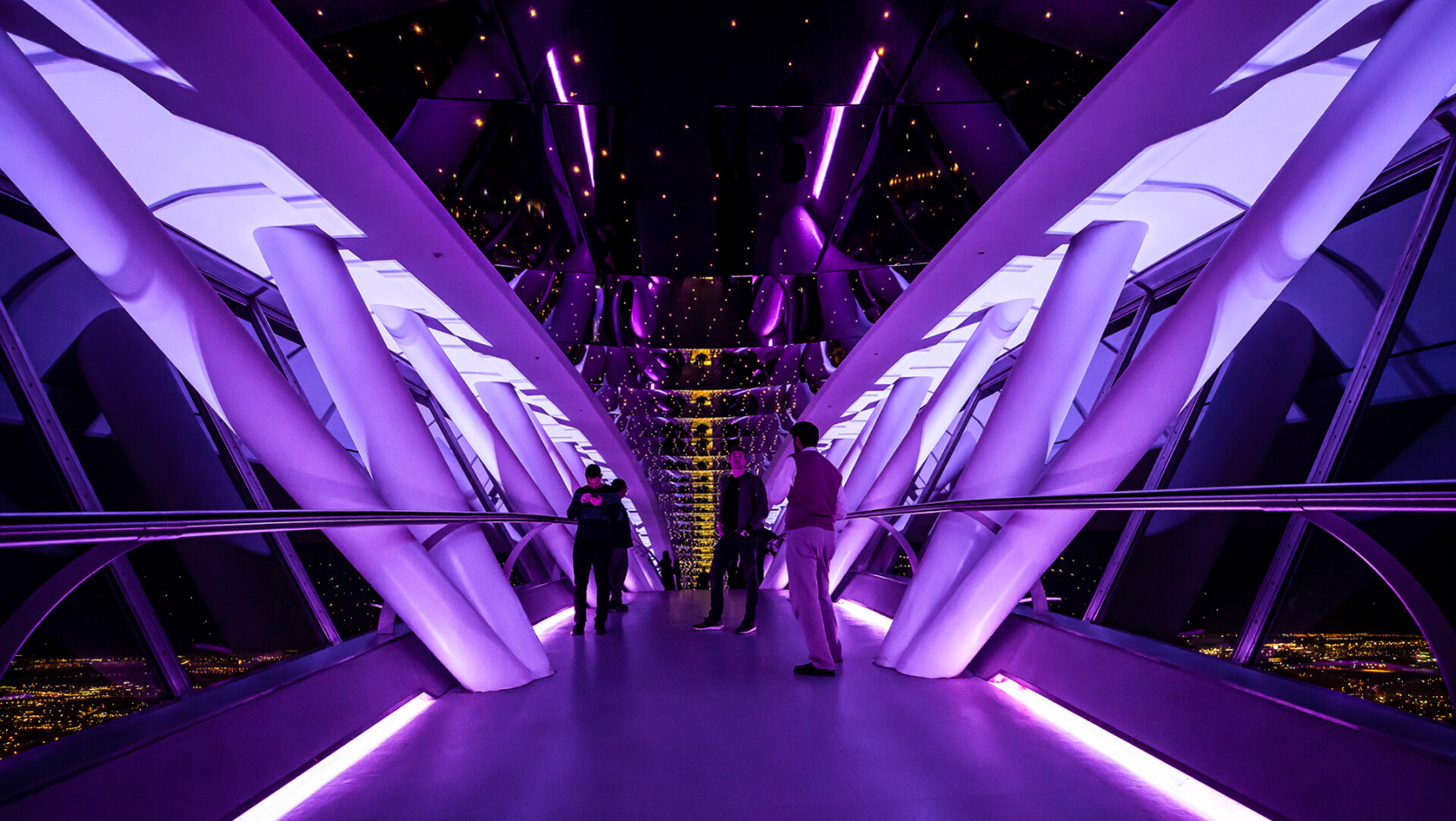
The Riyadh Expo 2030 will be held near King Salman International Airport, which is currently being developed, making it easily accessible for visitors arriving there. They can reach the exhibition site within minutes by using the “Riyadh Metro” network, covering all parts of Riyadh city and connecting to one of the three exhibition entrances and the modern road network.
The exhibition pavilions, estimated to be 226, were designed in a spherical shape, with an equator line running through them. This visual approach aligns with the exhibition’s vision, ensuring equal opportunities for all participants.
The exhibition’s design reflects the ancient urban style, history, culture, and nature of Riyadh city. It also showcases the Kingdom’s shared concern with the rest of the world for the climate and its ambition to foresee a future full of potential.
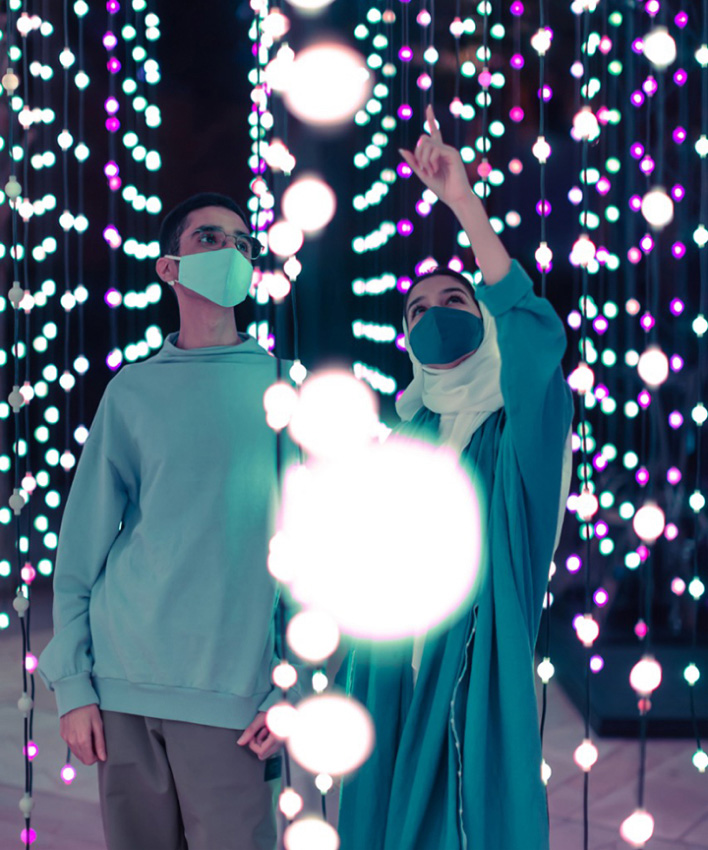
The pavilions’ locations for participating countries at the exhibition will be flexibly determined based on their longitudes. Such design will bring together countries from the north and south of the globe side by side, symbolizing the Kingdom’s important role in facilitating global cooperation.
This will facilitate visitors’ journeys and ensure easy movement between pavilions, public squares, cultural and innovation facilities, food services, rest, and waiting areas in a smooth and flexible manner while covering very short distances.
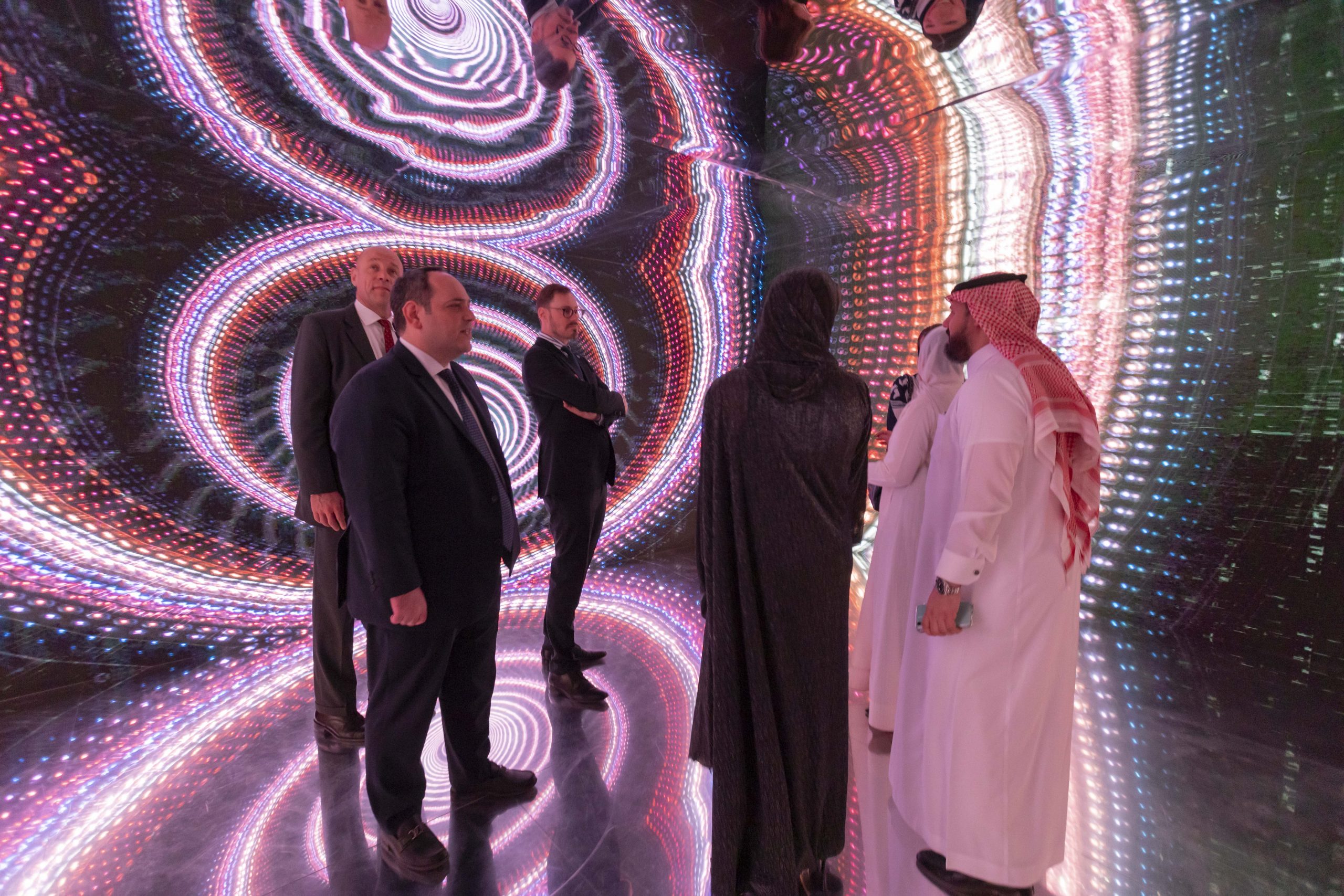
Moreover, visitors to the exhibition will enjoy strolling through fully shaded corridors with designs inspired by Riyadh’s architectural heritage.
In addition, visitors can stroll through a modern green oasis located within one of the tributaries of Wadi As-Sulai, which passes through the exhibition site. This demonstrates the Kingdom and Riyadh’s commitment to preserving and sustainably developing nature.
In the same context, a prominent landmark will be built at the heart of the main plan for Riyadh Expo 2030, symbolizing “Responsibility for Protecting the Planet.” It will be based on 195 columns representing the number of countries participating in the exhibition. Surrounding this landmark will be three pavilions, each representing the exhibition’s sub-themes of “Prosperity for All,” “Climate Action.” and “A Different Tomorrow.”
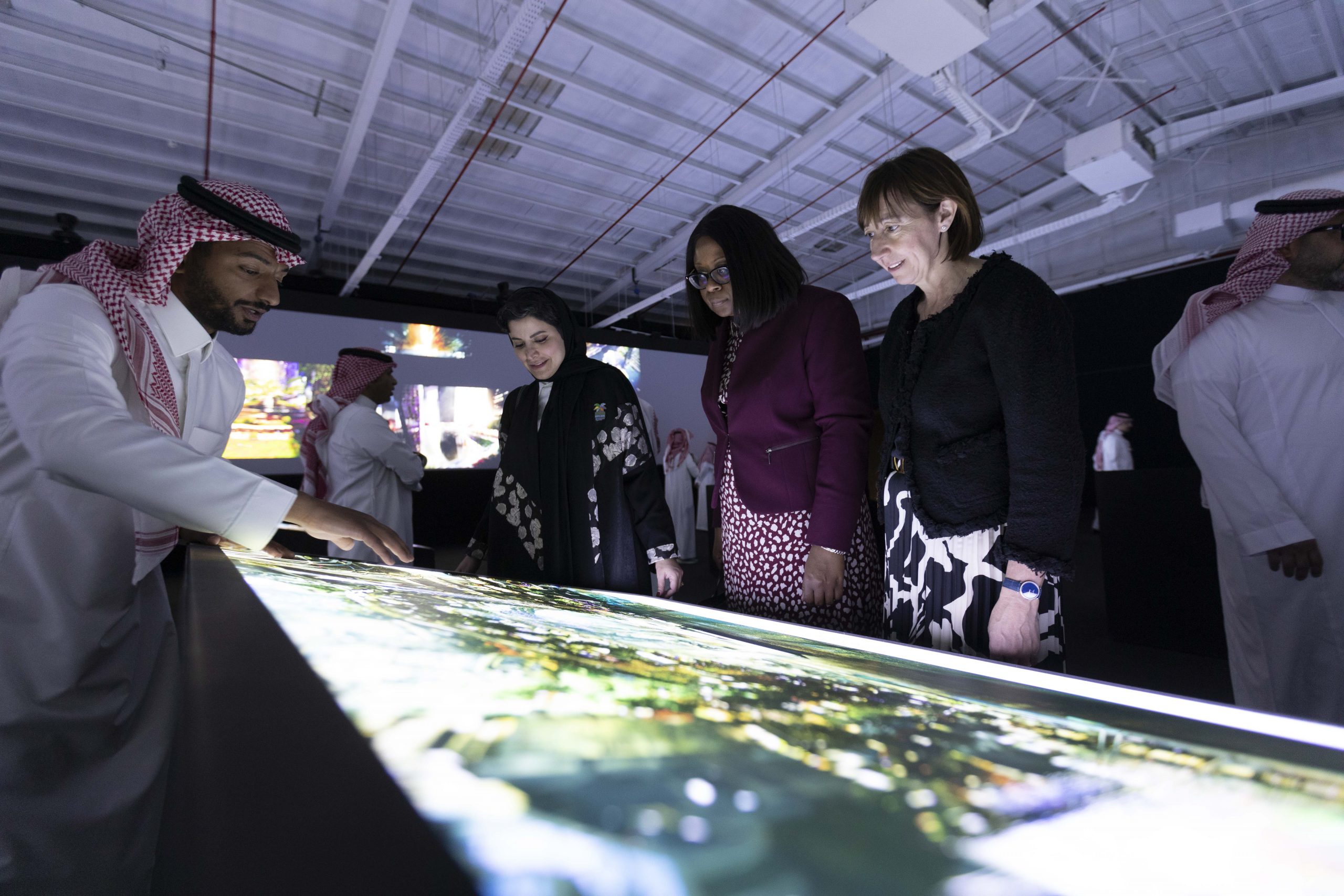
The exhibition will also feature the Collaborative Change Corner (C3), an area that will drive innovation and creativity during the seven-year journey leading up to and beyond Riyadh Expo 2030. The C3 aims to showcase how collaboration among the smartest minds in scientific, social, and intellectual innovations can accelerate the changes that will shape our future.
A member of the blueprint team for the Riyadh Expo 2030, Lamia Bint Abdulaziz, told BIE members, “The blueprint will work on developing a version of the Expo that is the most flexible when it comes to visitors’ movement at the site; and the most interactive, collaborative, and sustainable ever, and we will make sure to provide an exceptional experience for visitors to the exhibition. We will also work on enabling full and balanced participation, and with added value for all participating countries, and we will provide unprecedented experience of high quality for more than 40 million visitors.”
“The Riyadh Expo 2030 is inspired by the natural and traditional features, as it was designed around a valley surrounded by a group of pavilions for each country, and provides all participating countries with unlimited opportunities, as the exhibition plan offers a wide range of pavilions of different sizes and types with a commitment to allocate a pavilion for each country,” she said.
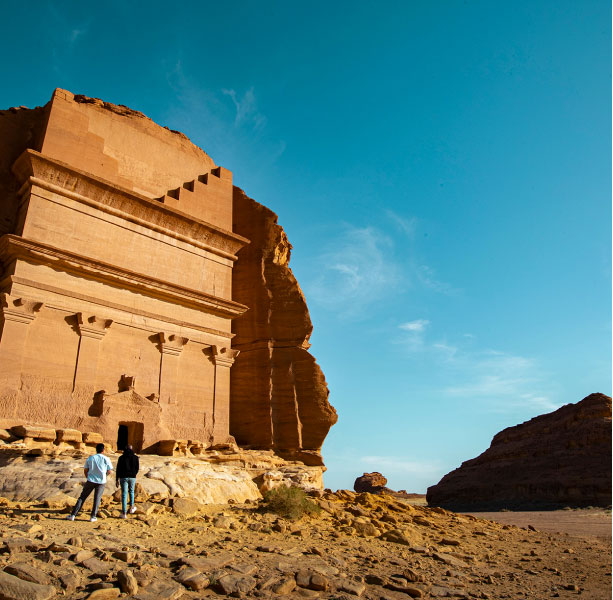
“All participants will be able to achieve their priorities and develop pavilions in harmony with the main theme of the Expo and its sub-themes, as the opportunities for exploration will be limitless so that visitors can live the experience of moving to any country in the world and enjoy the accompanying diverse cultural and entertainment events. The exhibition will include international restaurants from around the world and live music performances,” she said.
She also said that the exhibition will include rich technical opportunities for cultural and professional development, adding, “We are planning to launch a participating laboratory in Osaka Expo 2025 and it will continue to help countries deal with recurring challenges in the preparatory period for Riyadh Expo 2030.”

For her part, Expo blueprint team member Eng. Nouf Bint Majid Al-Muneef said, “Our goal in the Kingdom is to organize the first environmentally friendly exhibition that achieves a zero level of carbon emissions. The Riyadh Expo 2030 site will be powered by clean resources that rely on solar energy, and we are developing high standards for resource efficiencies and detailed strategies to enhance biodiversity, eliminate food waste, and ensure green waste management and recycling.”
“We will enable and help finance and build various partnerships that enhance the development phase and the objectives of the exhibition, based on the collaborative angle of change that we call the tripartite vision, as we will finance and incubate it in order to build international projects starting from 2025,” she added.
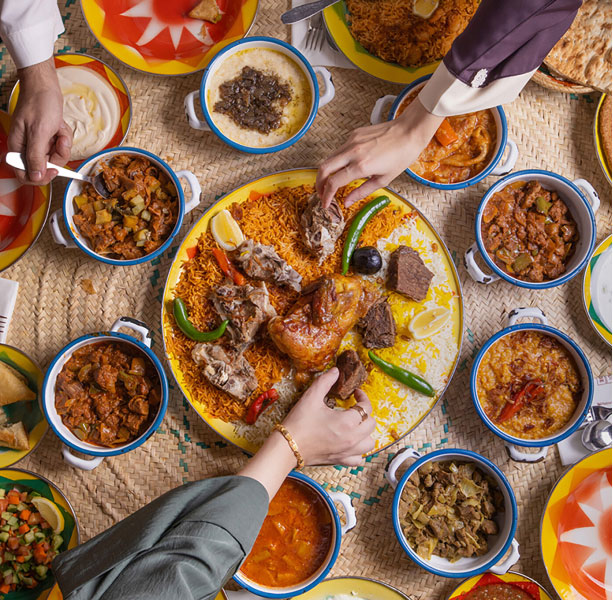
The Kingdom has announced that it aims to make the Riyadh Expo 2030 the most sustainable and influential Expo ever, in line with its climate commitments to achieving carbon neutrality, a goal that is clearly reflected in the master plan for the exhibition that is linked to international standards of sustainability, including urban afforestation, the use of treated water, and the provision of new energy sources.
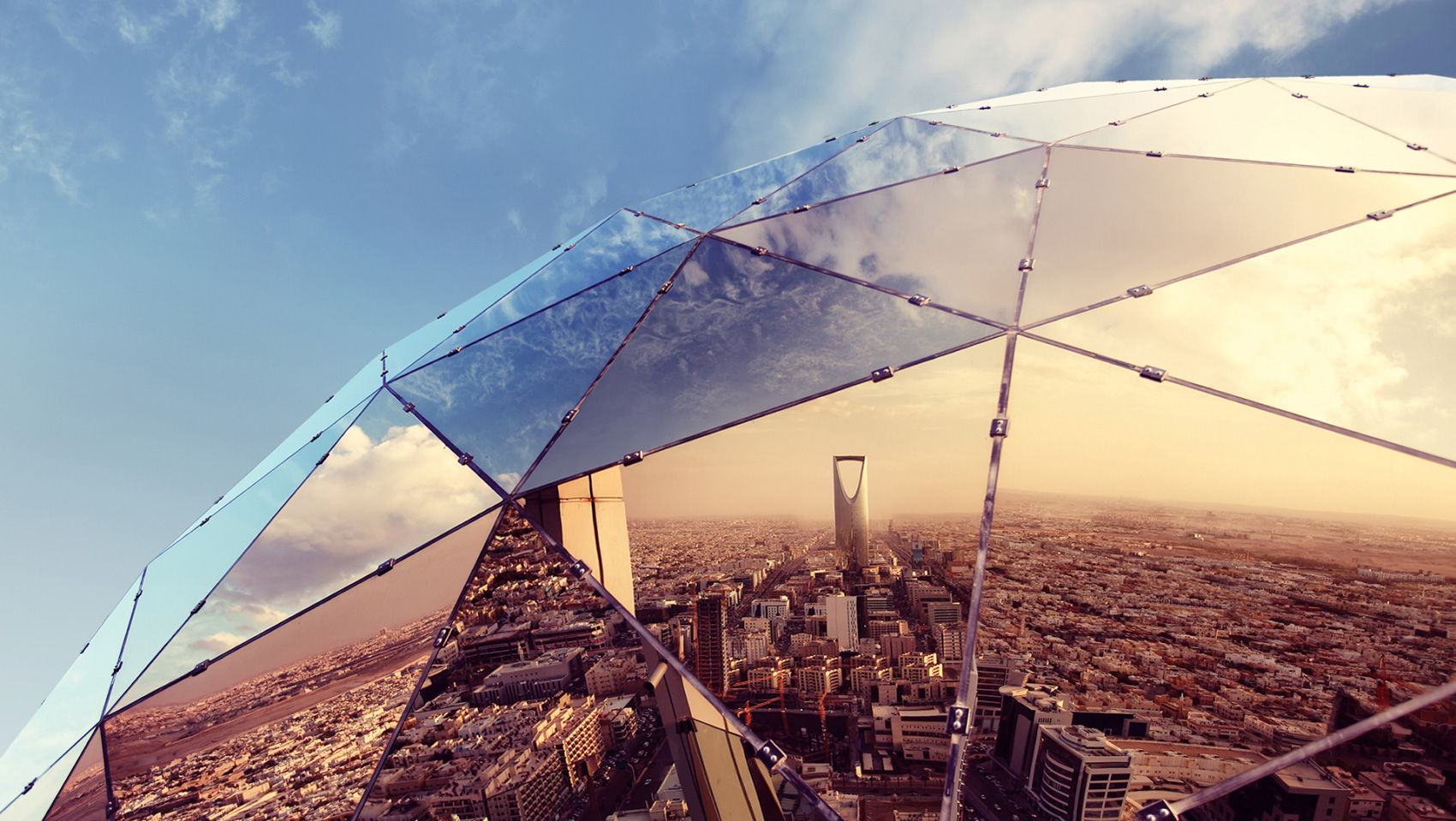
The blueprint for the design of the exhibition also takes into account the reuse of the site with the aim of developing an innovative urban model that guarantees sustainability and enhances innovation and creativity.
